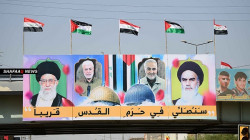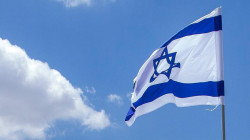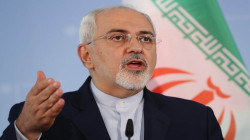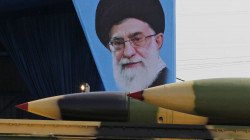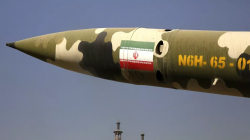Iran warns Gulf states against allowing airspace use against Tehran
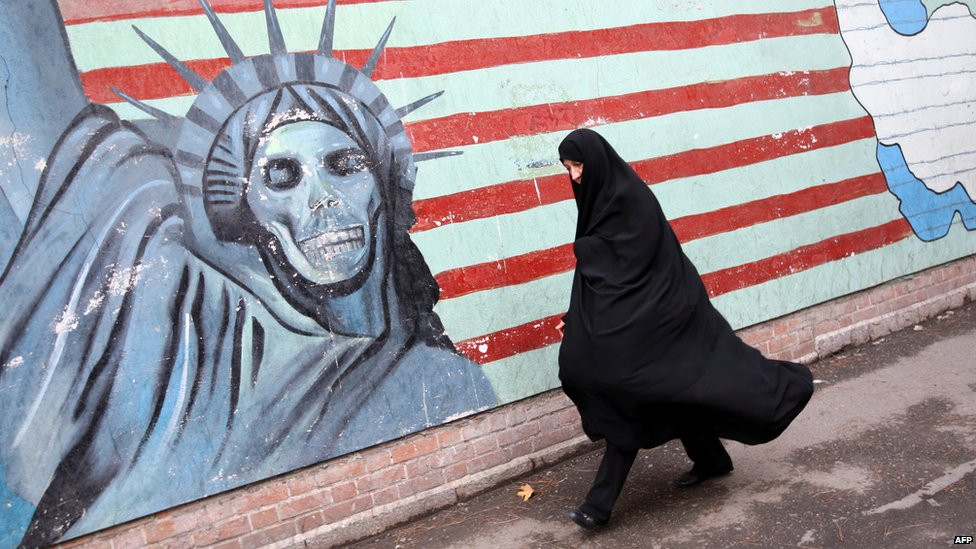
Shafaq News/ Senior Iranian officials stated, on Tuesday, that Tehran has warned Gulf countries that it would be "unacceptable" for them to allow the use of their airspace against Iran, adding that any such action would provoke a response.
The comments came amid concerns about a potential Israeli retaliation following last week's missile attack by Iran, and coincided with Iranian Foreign Minister Abbas Araqchi's visit to Saudi Arabia and other Gulf nations for talks.
They follow discussions between Iran and the Gulf Arab states last week on the sidelines of an Asia-focused conference in Qatar, where the Gulf countries sought to assure Iran of their neutrality in any conflict between Tehran and Israel.
"Iran made it clear that any action by a Gulf country against Tehran, whether through the use of airspace or military bases, will be regarded by Tehran as an action taken by the entire group, and Tehran will respond accordingly," A senior Iranian official told Reuters.
"The message emphasized the need for regional unity against Israel and the importance of securing stability," he said.
"It also made clear that any assistance to Israel, such as allowing the use of a regional country’s airspace for actions against Iran, is unacceptable."
The official indicated that Tehran did not discuss with Gulf oil-producing countries the issue of increasing production if Iranian output were disrupted during any escalation.
A Western diplomat in the Gulf noted that Iran had made it clear during its meeting with Gulf states in Doha on Thursday that it called for regional unity against any Israeli attack, asserting that the neutrality of Gulf states was the least they could do.
The diplomat mentioned that Iran would closely monitor how each Gulf country responds in the event of an Israeli attack, as well as how US bases in those countries would be utilized.
Notably, Qatar, Kuwait, Bahrain, the UAE, and Saudi Arabia host US military facilities or personnel.
On October 1, Iran launched over 200 ballistic missiles toward Israel, claiming the attack inflicted severe damage on military bases and security centers.
Iran described the barrage as a "legitimate right" to defend its sovereignty and in retaliation for the death of Hamas political leader Ismail Haniyeh, who was killed in a July explosion in Tehran—a blast Iran attributed to Israel, though Israeli officials have not confirmed responsibility.
Iran also cited the Israeli airstrike on the southern suburbs of Beirut, which killed Hezbollah leader Hassan Nasrallah and Brigadier-General Abbas Nilforoushan, the IRGC’s Quds Force operations commander, as another reason for the attack.
The Israeli Army acknowledged that several air force bases were damaged by the missile barrage but stated that no aircraft were harmed.
It was Iran’s second major missile assault on Israel this year, following a similar attack in April involving 300 missiles and drones.

